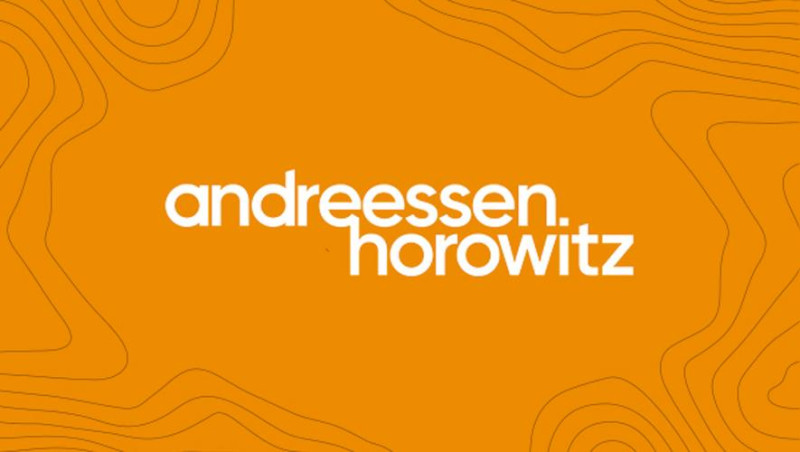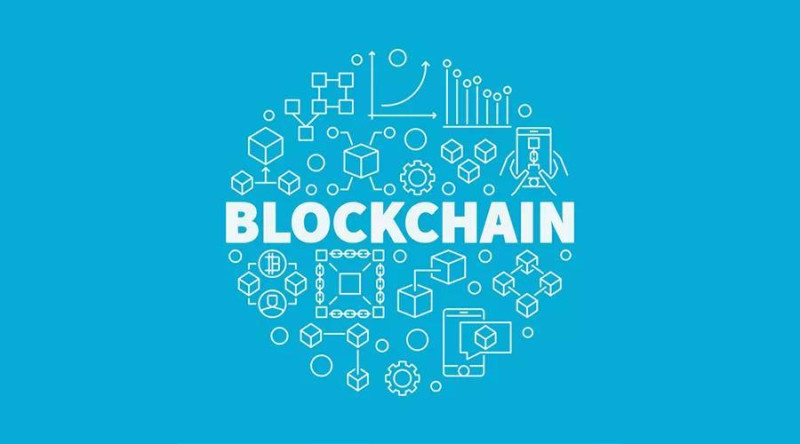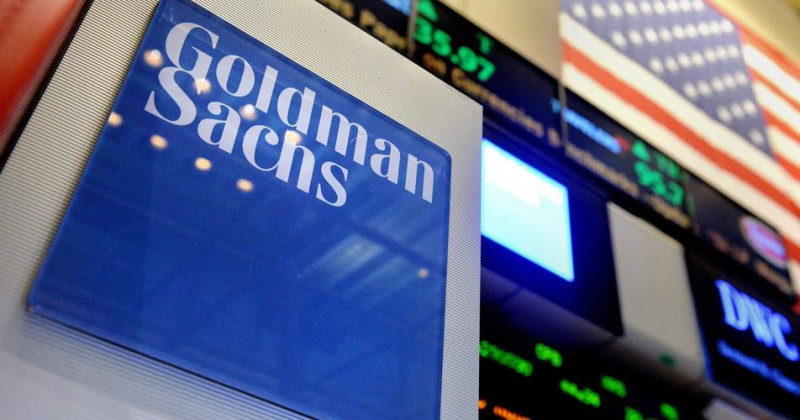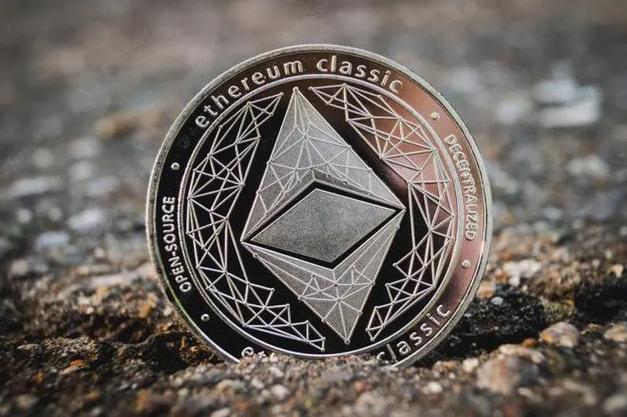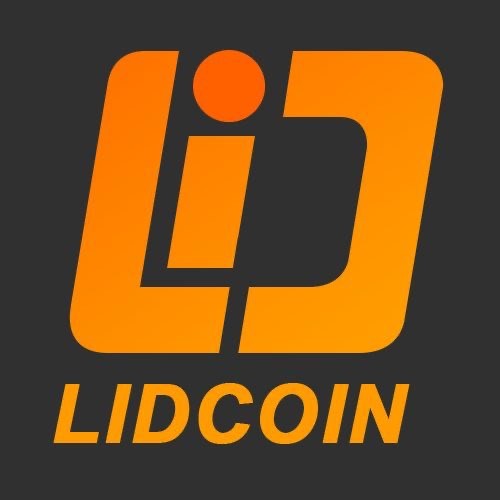Poccoin: Prospects of Blockchain Technology in the Internet of Things (IOT) Sector
Abstract: The application prospects of blockchain technology in the Internet of Things (IOT) are promising, offering secure, trustworthy, and efficient methods for IOT data exchange and management. Through blockchain, decentralized data exchange and collaboration can be achieved among IOT devices, ensuring data authenticity and integrity. The integration of block chain and IOT will drive the development and innovation in areas like smart cities and smart homes.

Introduction: With the rapid development of the Internet of Things (IOT), a large number of IOT devices are connecting and exchanging data. However, traditional centralized data management poses challenges in security and trustworthiness. Block chain technology, as a decentralized distributed ledger, offers immutable, transparent, and secure features, providing a new solution for the IOT sector. This article explores the application prospects of block chain technology in IOT, supported by verifiable and query-able real-life cases.
Decentralized Data Exchange and Collaboration: Blockchain technology can facilitate decentralized data exchange and collaboration among IOT devices. Traditional centralized data exchange relies on third-party intermediaries or central servers, posing risks of data tampering and single-point failures. With block chain, IOT devices can directly engage in peer-to-peer data exchange, eliminating the need for intermediaries and thereby improving data exchange efficiency and security. For instance, the IOTA project offers a block chain-based distributed ledger for data and value transactions between IOT devices.
IOTA (Distributed Ledger for IOT): IOTA is an open-source distributed ledger project specifically designed for data and value transactions between IOT devices. It uses a data structure called "tangle" to replace traditional block chains, achieving high throughput and zero transaction fees. IOTA aims to provide a secure, scale able, and efficient data exchange platform for IOT devices.
Data Authenticity and Integrity: Block chain technology can ensure the authenticity and integrity of IOT data. In a block chain, each data transaction is recorded in an immutable block and verified through cryptography algorithms. This means that no one can tamper with data once it's written into the block chain, ensuring data trustworthiness. Additionally, the distributed nature of block chain makes data backup and redundancy easier, enhancing data reliability and availability. For example, the Walton chain project uses block chain technology to track and authenticate the identity and data of IOT devices, ensuring data authenticity and integrity.
Walton chain (IOT Device Identity Tracking): Walton chain is a block chain-based project aimed at tracking and authenticating the identity and data of IOT devices. By using block chain technology, Walton chain ensures the authenticity and integrity of device data and provides trustworthy device identity verification. The project has made significant progress in supply chain management and IOT device tracking.
Driving Smart Cities and Smart Homes: The integration of block chain and IOT will drive the development and innovation in areas like smart cities and smart homes. Through block chain technology, smart cities can achieve more efficient energy management, traffic management, and public services. For example, Israel's City Zens project uses block chain and IOT technology to optimize urban traffic systems, improving traffic efficiency and reducing congestion.
City Zens (Smart City Traffic Management): City Zens is an Israeli project that uses blockchain and IOT technology to optimize urban traffic systems. By recording traffic data on the block chain and applying smart contracts to manage traffic flow and signals, City Zens achieves more efficient traffic management, reducing congestion and emissions.
In the smart home sector, blockchain can provide secure device connections and data exchanges, enabling interoperability and trust mechanisms among smart home devices. For example, the IOTW project offers a secure connection and data exchange platform for smart home devices through block chain technology.
IOTW (Smart Home Device Connection and Data Exchange): IOTW is a project focused on the smart home sector, using block chain technology to provide a secure connection and data exchange platform for smart home devices. By using block chain's distributed ledger and cryptography algorithms, IOTW ensures secure and trustworthy data exchange between smart home devices, offering users a better smart home experience.
Conclusion: The application prospects of block chain technology in the IOT sector are promising. It can provide secure, trustworthy, and efficient methods for IOT data exchange and management, ensuring data authenticity and integrity. The integration of block chain and IOT will drive the development and innovation in areas like smart cities and smart homes. Below are some real-life cases that validate the application of blockchain technology in the IOT sector.
Disclaimer: The copyright of this article belongs to the original author. Reposting this article is solely for the purpose of information dissemination and does not constitute any investment advice. If there is any infringement, please contact us immediately. We will make corrections or deletions as necessary. Thank you.
